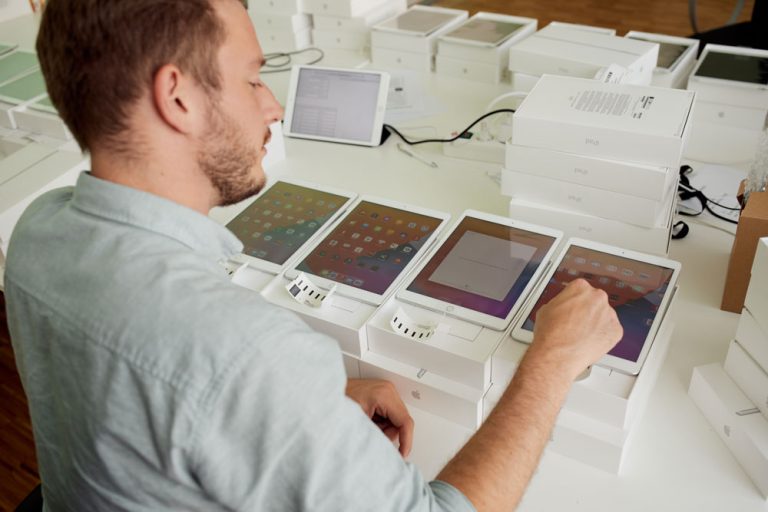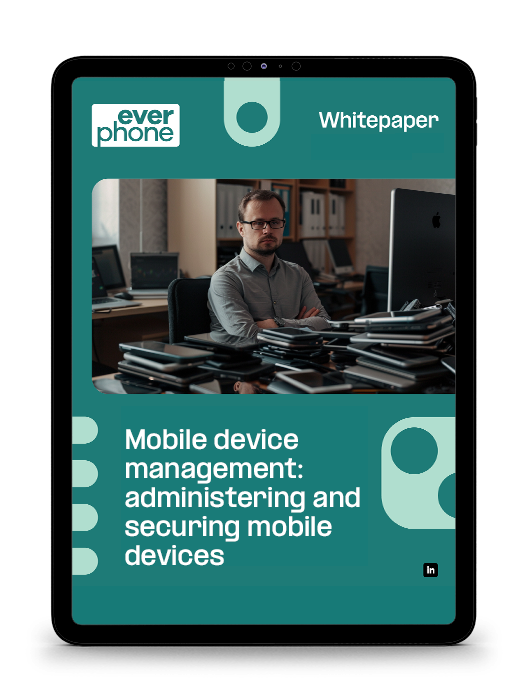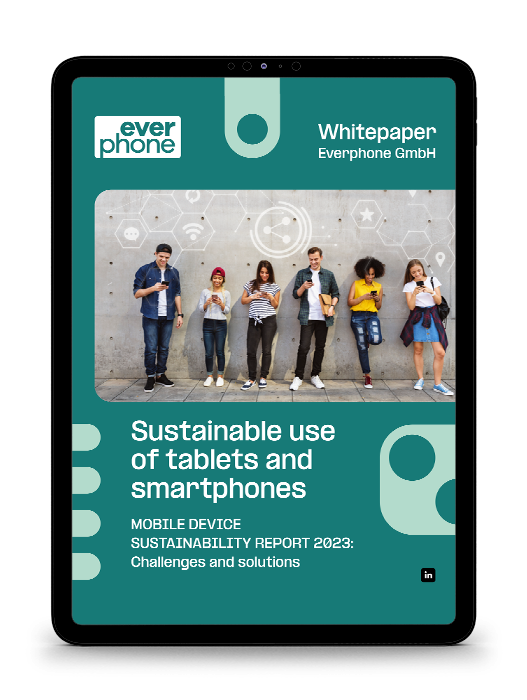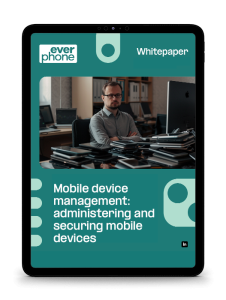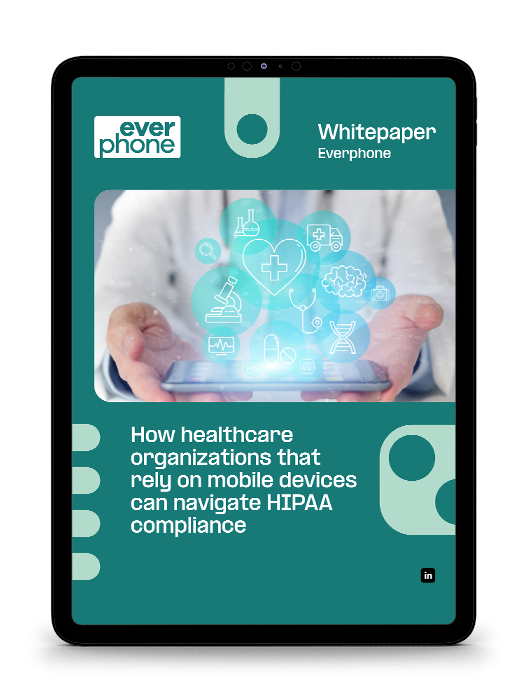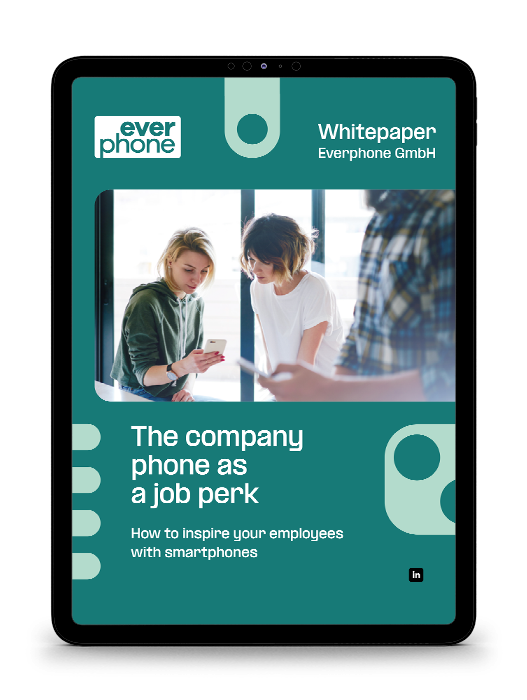What is a renting purchase for a mobile phone?
The options available for acquiring phones have changed dramatically over the past few years. Now it’s no longer necessary to purchase a phone outright. It is possible to rent a mobile phone.
When you rent-to-own a phone, the phone company will agree on a contract where you agree to lease the phone for a set contracted period before owning the phone. During this period, a set amount from your monthly rental fee goes toward your equity in the phone. In effect, you are making a mobile phone installment purchase, as you should own the phone at the end of the contracted period.
What is cell phone leasing?
Cell phone leasing means that the phone becomes almost a consumable item, with a monthly fee for using the handset for a contracted period. At the end of the period, you are given the option to pay a small amount, and the phone becomes yours, or you hand one handset back and acquire a new one, continuing to pay the monthly fee.
The difference between phone rent to own and leasing
The main difference between these two is that you will own the phone on a rent-to-buy contract at the end of the contracted period, but on a lease, you will still have a set amount to pay at the end of the contract when you hand the phone back.
Why long-term rental makes sense
Mobile phone long-term rentals make a great deal of sense to any corporation. The benefit for the IT Department is that you will retain the right to select the architecture, such as the make of phone, operating systems, and standard software, but line management takes responsibility for justifying and paying for the needs.

In addition, the maintenance issues are removed from the shoulders of the IT Department. The service provider will provide the backup service with procurement or accounting to manage a contract with the supplier.
Pros of renting
Let’s consider a few pros of renting a smartphone:
- Top-of-the-range phones can retail for $1,000 or more, which has to be covered by a capital expenditure budget. Renting phones moves the expenditure from a capital budget to an operational cost, where it can be justified, budgeted for, and managed by a line manager close to where the phone will be used.
- At the end of the rental period, the IT Department is not left wondering where to take broken phones for disposal.
- Renting a phone makes it simple to upgrade to new models without adding contract fees.
- At the end of the period or smartphone lifespan, the buy-out fee can be a pro if used as an incentive. The employee using the phone could be given a chance to pay the fee and own the phone. This would be at no cost to the company but would allow the employee to purchase a phone for their private use.
Cons of renting
Renting smartphones also has negatives to be aware of such as:
- If you keep the phone until the end of the contract, you may be liable for a small buy-out fee if you want to keep it.
- Renting only provides for the use of the phone; it does not convey ownership.
Device as a Service (DaaS)
The next step from leasing phones is to view phones as consumable items and look for a service provider that will supply mobile devices, to your specification, to the company.
The procurement, management, and maintenance of mobile devices can become prohibitively expensive in a short time. Getting a mobile device into an employee’s hands needs assistance from various departments, most notably IT, purchasing, and accounting. There’s also other factors to consider such as management time, and recycling of old phones, all of which are expensive and can be better used on core business instead of managing telephones.
Depending on the size of your company, you may not have the IT resources required to ensure mobile security, adherence to legal issues such as privacy acts, and ensuring your apps are GDPR-compliant. These are excellent reasons to consider mobile devices as a service rather than an asset.
How this all benefits the IT manager
The benefits to the IT department are readily apparent, whether you choose leasing, rent-to-own, or device as a service. Some of the benefits include:
- No more justification for capital expenditure.
- Costs become an operational item and are justified and managed at the line level.
- IT retains the responsibility for the architecture but not the procurement or maintenance headaches, freeing up time to concentrate on core IT business.
- IT is not left with electronic waste that must be disposed of.
